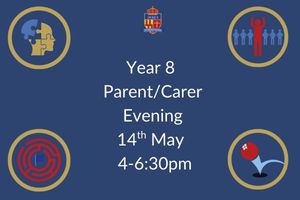
Still the best-selling game of all time, Minecraft has hundreds of millions of players – making it more important than ever to stay informed. With its vibrant worlds and endless potential for creativity it’s no wonder Minecraft continues to capture young imaginations.
With the Minecraft movie hitting cinemas in April, interest in the game has remained strong. But whether they’re mining resources or building digital castles, children could also encounter strangers, scary content or bullying behaviour online.
With its limitless opportunities for building, exploring and collaborating, Minecraft remains a global gaming phenomenon. Its broad appeal lies in how open-ended it is – but this also means it’s not without risk. From chatting with strangers on public servers to the grief of having a beloved creation destroyed, young players can face challenges if left unsupervised. Minecraft can also become a time sink for enthusiastic players, with late nights spent crafting and constructing, potentially impacting school and social lives.
Here is a free guide to understand how to keep young gamers safe – from choosing age-appropriate game modes to setting boundaries around screen time and spending.
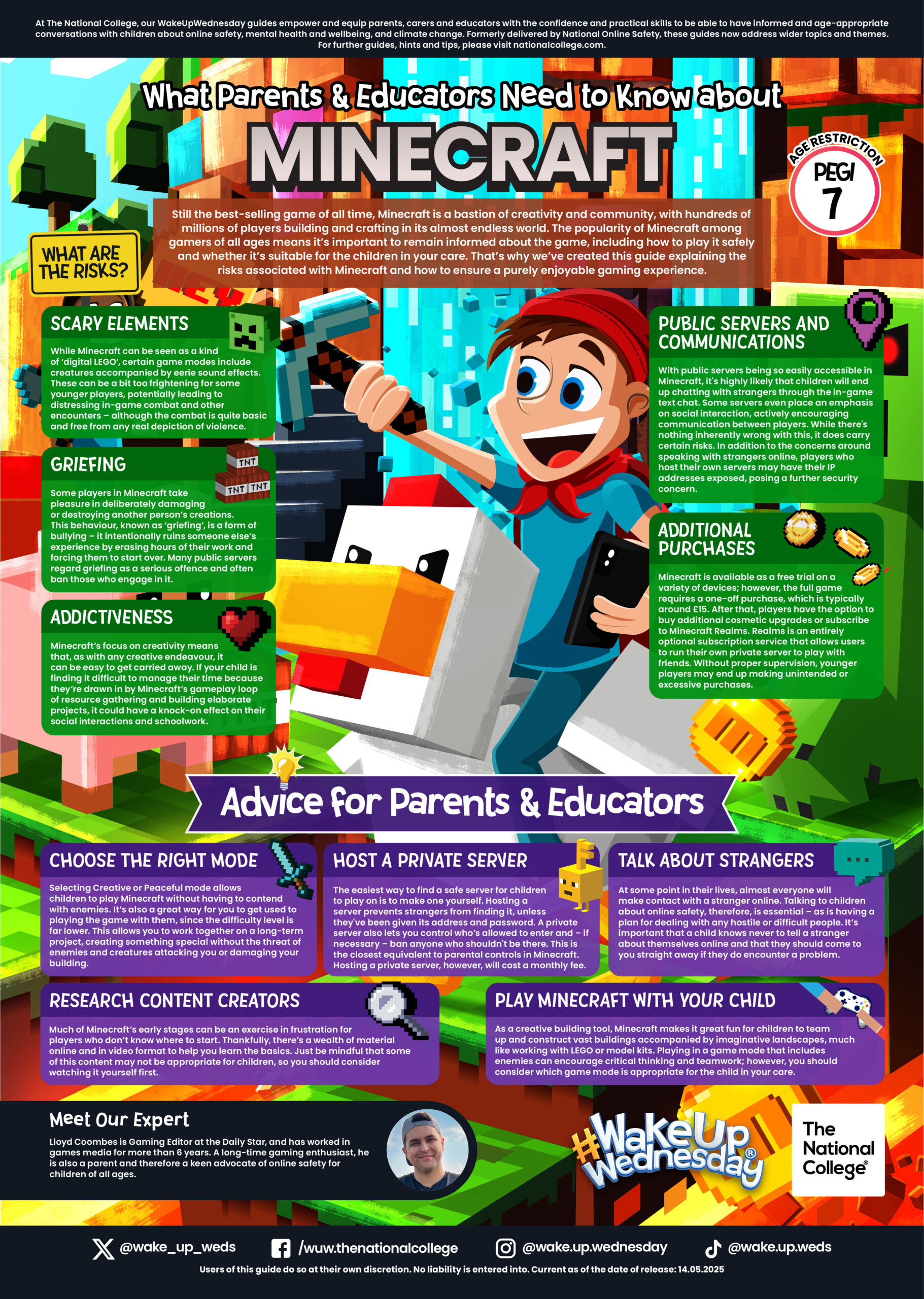
Congratulations to our NCEA Duke’s Secondary School Sixth form team who won the Northumberland SFA league 2. The boys were unbeaten all season!
Duke’s PE team
A fantastic achievement! ⚽️
#letyourlightshine

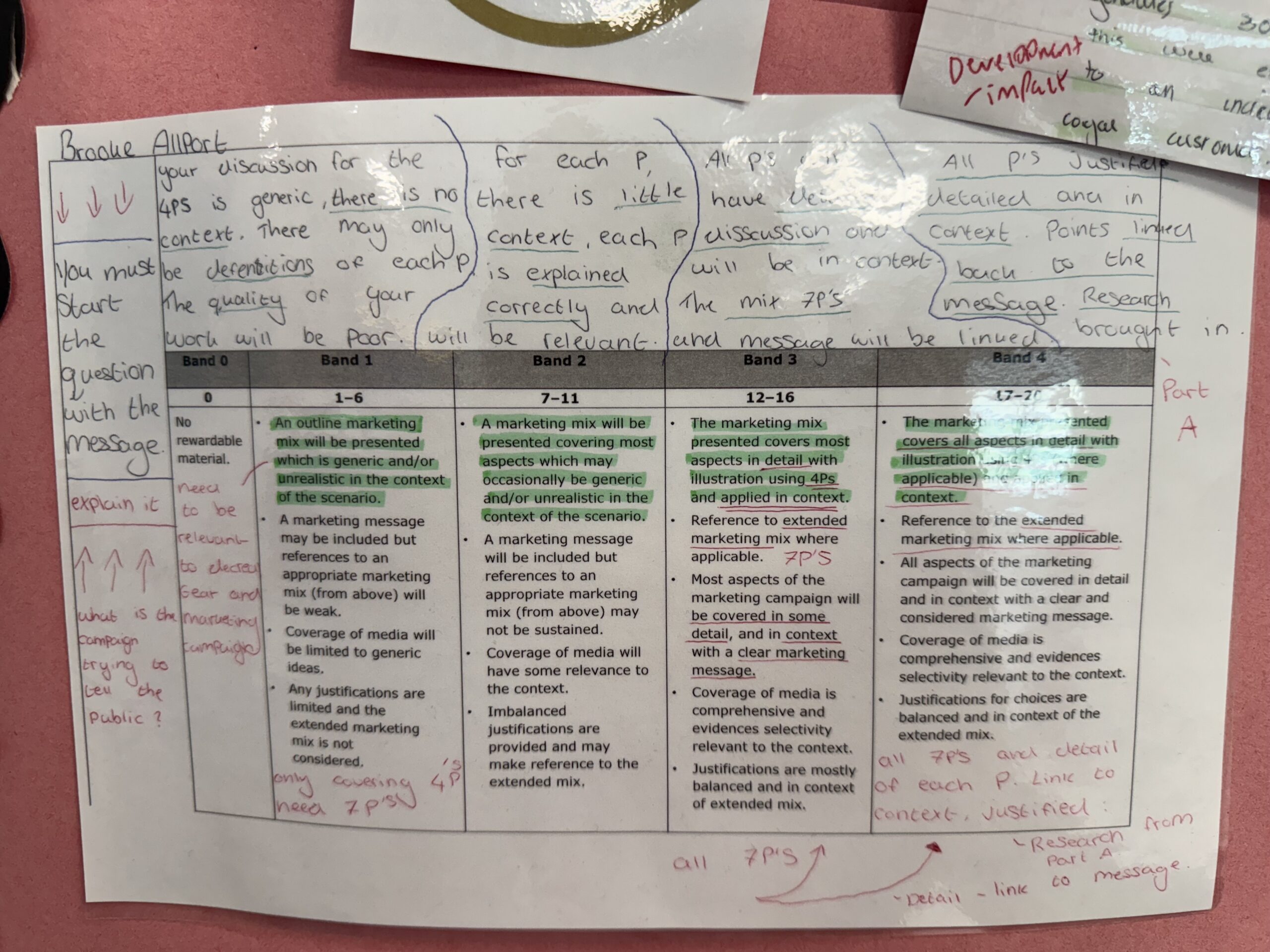



On a weekly basis we have been showcasing examples of student work.
This week has seen Music students showcasing how new technology can support and
deeper learning in lessons.
 Students in lower school have been using Bandlab to compose their own music.
Students in lower school have been using Bandlab to compose their own music.

Year 7 have been learning to play chords on the keyboards.
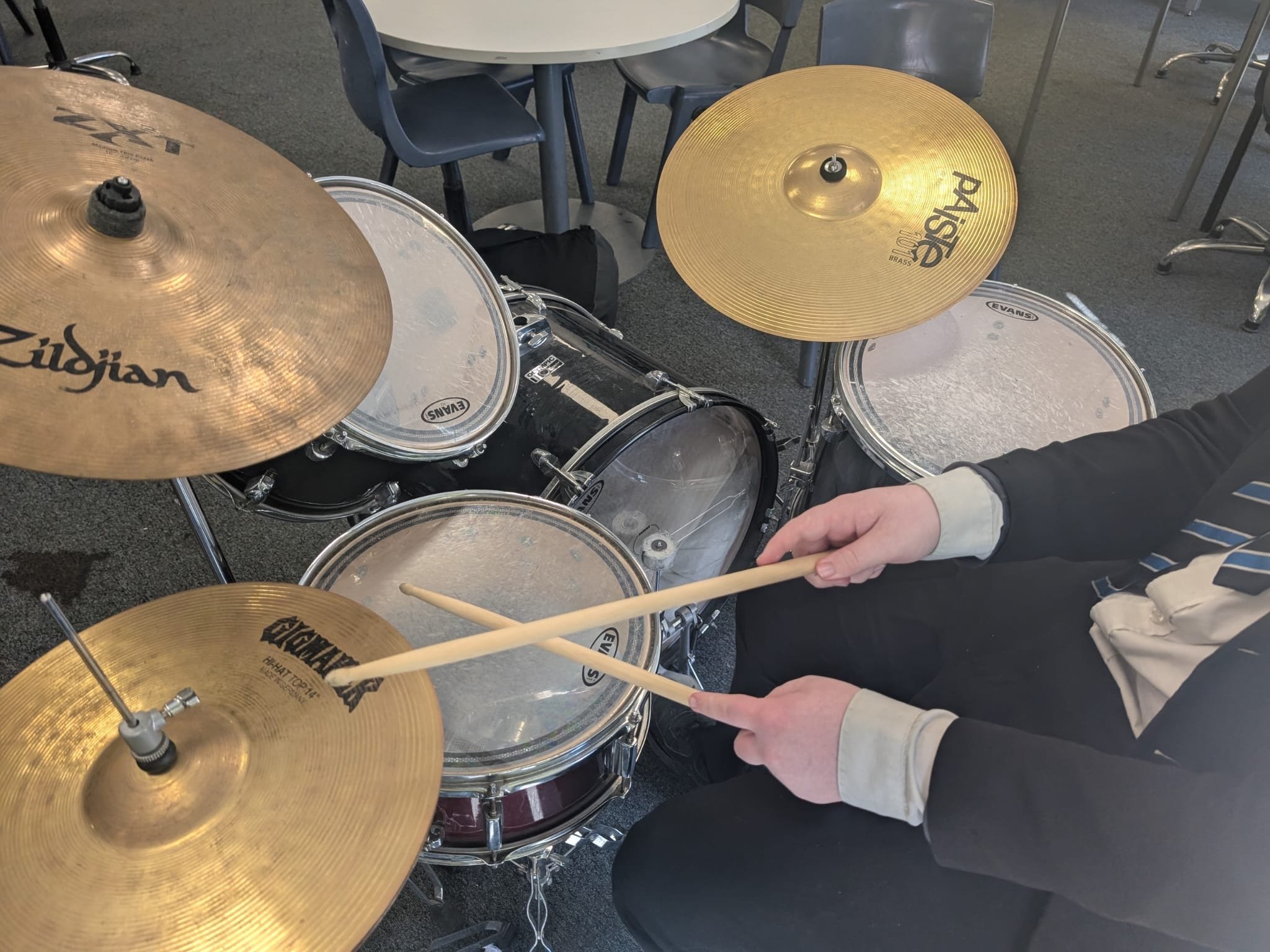
Well done Year 11 who have completed their performance coursework this week.
Also 6th Form for inspiring all us to enjoy music!


A strong sense of belonging is the foundation for emotional wellbeing, confidence and academic success. But how can schools and families create truly inclusive environments where every child feels seen, heard, and valued? Our free guide has the answers.
Packed with ten practical, easy-to-apply tips — like celebrating individuality, promoting participation and tackling bullying head-on — this free guide empowers parents and educators to foster a culture of belonging at school and at home.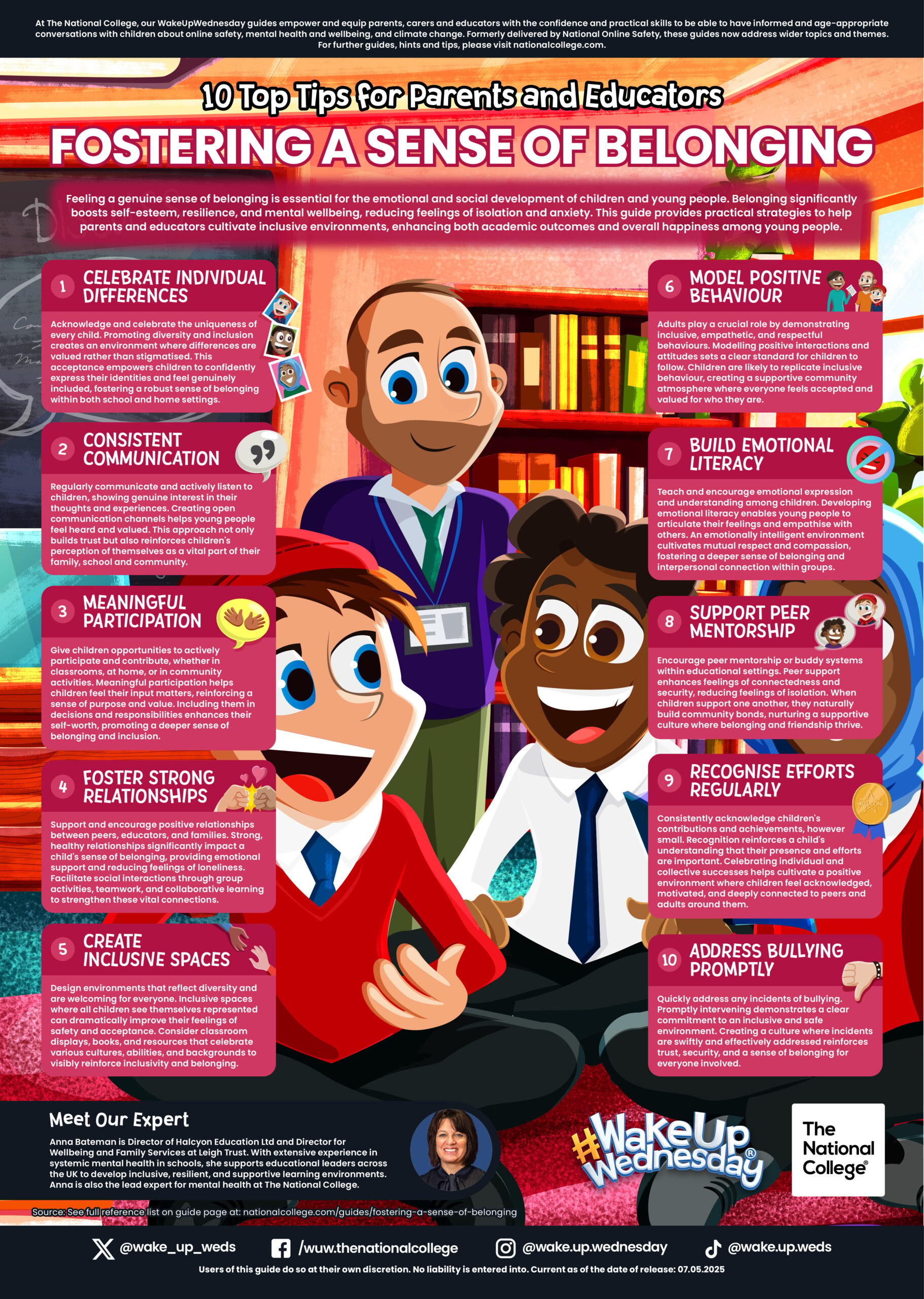
Traffic-related incidents are a major risk for young pedestrians and cyclists – which is why it’s so important to equip children with the skills they need to stay safe.
We explore essential, easy-to-teach habits that help children build lifelong road safety awareness. From spotting quieter electric vehicles to crossing safely at designated points, our latest guide is packed with tips to keep young road users visible, vigilant and secure. 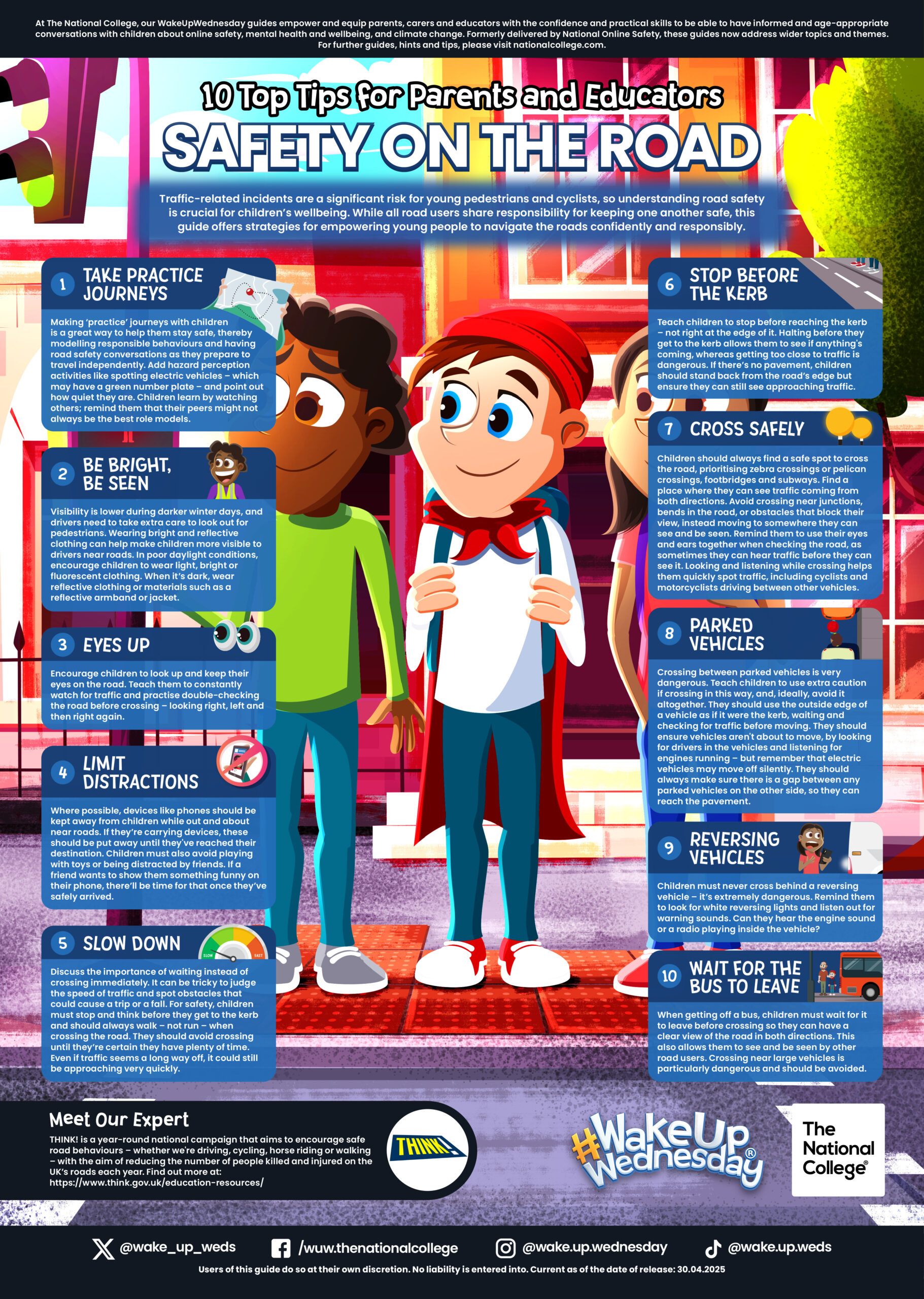
This week’s free guide shares practical advice like making ‘practice’ journeys, wearing reflective clothing and staying focused near roads.

